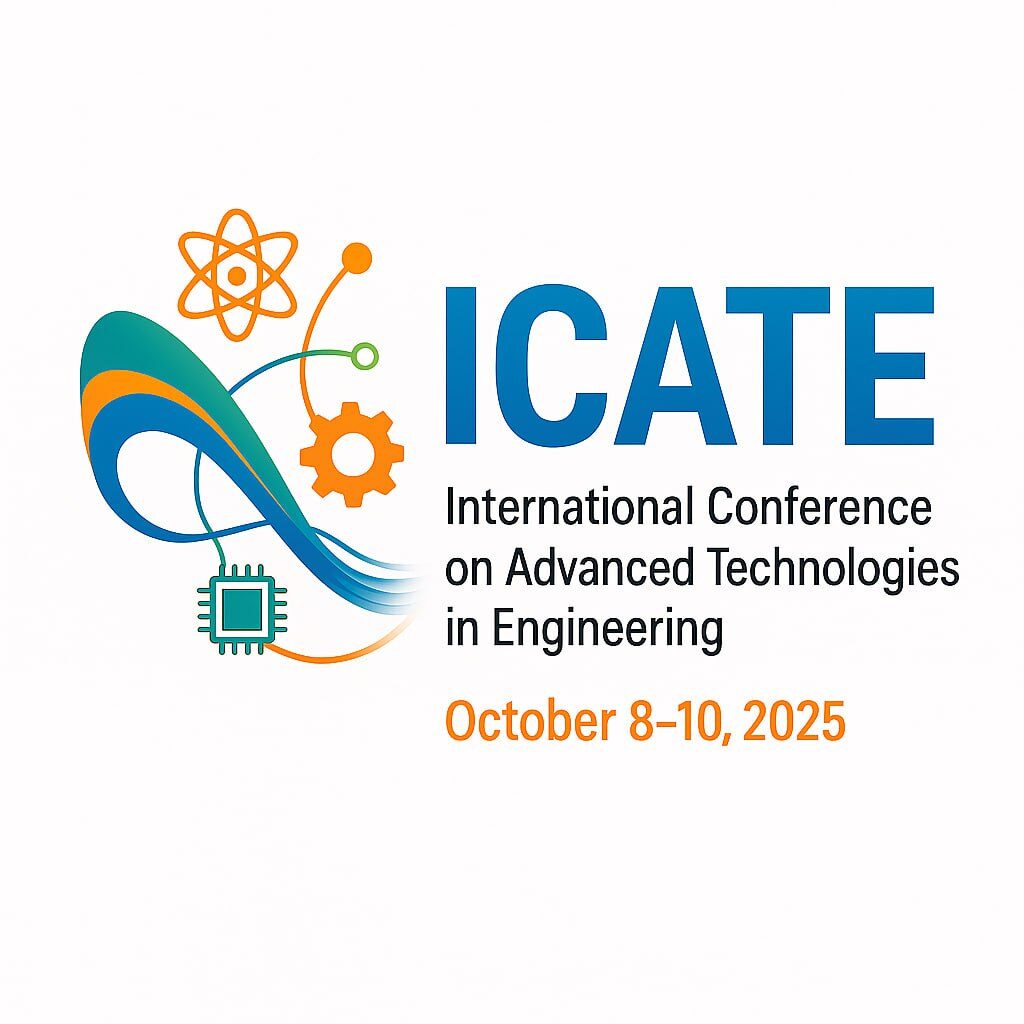International Conference on Advanced Technologies in Engineering
This interdisciplinary conference aims to foster academic and professional collaboration by providing a platform for researchers, scientists, engineers, industry leaders, and policy-makers to present and discuss innovations in seismic safety, structural resilience, and advancements in engineering and transport technologies. Emphasizing fundamental and applied research in physics, materials science, mathematics, and engineering, the conference ensures high scientific standards. All accepted and peer-reviewed papers will be indexed and published in the AIP Conference Proceedings, in accordance with AIP’s publication criteria.
Mathematical Modeling and Computational Physics
- Advanced computational methods for simulating physical processes in materials science and structural mechanics.
- Application of numerical analysis and optimization techniques to solve physics-based problems in engineering.
- Development of predictive models for energy systems and sustainable industrial applications.
- Integration of mathematical and physical approaches for modeling complex transport and industrial systems.
Materials Science and Engineering
- Innovations in the design and analysis of advanced materials for high-performance engineering applications.
- Computational modeling of material properties under extreme conditions, including seismic events.
- Development of renewable energy materials and their applications in sustainable technologies.
- Study of material resilience and durability for earthquake-resistant structures.
Physics-Driven Industrial Automation
- Application of AI and machine learning for automating physics-intensive industrial processes.
- IoT-based real-time monitoring and optimization of physical parameters in manufacturing systems.
- Digital twin technologies for simulating and managing physical systems in industrial environments.
- Advanced robotics and automation technologies informed by physical and engineering principles.
Energy Physics and Sustainability
- Research on energy storage and conversion mechanisms based on advanced materials science.
- Studies of energy transfer processes in renewable energy systems.
- Integration of physics-based models for optimizing energy efficiency in industrial systems.
- Development of intelligent energy management systems for sustainable engineering applications.
Seismology and Earthquake Engineering
- Computational studies of seismic wave propagation and their impact on infrastructure.
- Application of physical and mathematical methods for seismic risk assessment and mitigation.
- Development of earthquake-resistant materials and structures using engineering physics.
- Innovations in real-time seismic monitoring and prediction technologies.
Transport Systems in Applied Physics
- Modeling and optimization of transport networks using principles of physics and mathematics.
- Development of lightweight, high-strength materials for next-generation transportation systems.
- Simulation and analysis of transport infrastructure resilience in seismically active regions.
- Integration of sustainable and energy-efficient technologies in transport engineering.
